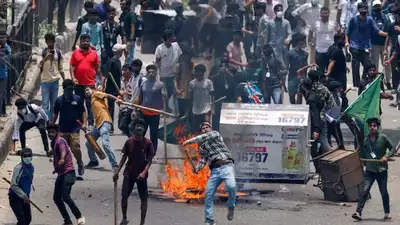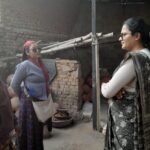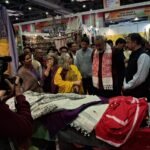As of late, Bangladesh is experiencing a mix of political unrest, economic challenges, and social movements that are shaping the country’s future. With the general elections approaching in early 2024, the nation is seeing rising tensions between the ruling party and opposition groups, as well as growing demands for reform. Let’s take a look at the key issues that are currently dominating the landscape in Bangladesh.
1. Political Unrest Ahead of the Elections
The upcoming general elections in Bangladesh are a major source of political tension. The ruling Awami League, led by Prime Minister Sheikh Hasina, has been in power since 2009. While they have overseen significant economic growth and infrastructure development, the opposition, mainly the Bangladesh Nationalist Party (BNP), accuses the government of authoritarianism and corruption. The BNP, along with other opposition groups, has been organizing protests and strikes, demanding a neutral caretaker government to oversee the elections, ensuring they are free and fair.
This political climate has led to frequent street clashes between opposition supporters and security forces, creating instability in major cities like Dhaka and Chittagong. With the elections just months away, political violence and protests are likely to intensify, and the country could face further disruptions if tensions aren’t addressed.
2. Economic Challenges
While Bangladesh has made great strides in economic development over the past decade, it is currently facing economic challenges exacerbated by global conditions. The country has been dealing with inflation, a weakening currency, and a significant trade deficit, which have put pressure on the economy. The rising cost of living, especially food and fuel prices, has sparked discontent among the population, with many calling for government intervention to stabilize prices.
The garment industry, which is Bangladesh’s economic backbone, has also been affected by global supply chain disruptions and decreasing demand from Western markets. This has led to uncertainty for millions of workers who rely on the industry for their livelihoods.
3. Social Movements and Human Rights Issues
In addition to political and economic challenges, Bangladesh has been witnessing a rise in social movements advocating for human rights and better working conditions. Issues such as workers’ rights in the garment sector, women’s rights, and freedom of speech are gaining traction, especially among the younger population. Civil society groups and activists continue to raise concerns about press freedom, with some media outlets and journalists facing government pressure or censorship.
Moreover, environmental challenges, including flooding and rising sea levels, remain a persistent issue in Bangladesh, particularly for its vulnerable coastal regions. The government has been working on mitigation strategies, but climate change continues to threaten the livelihoods of millions of people in the country.
Conclusion: A Nation in Transition
Bangladesh is at a critical juncture, balancing political unrest, economic challenges, and social movements. As the general elections approach, the coming months will be crucial in determining the country’s political stability. With global economic pressures and the demand for human rights reforms, Bangladesh’s future will depend on how these pressing issues are addressed.








Leave a Reply